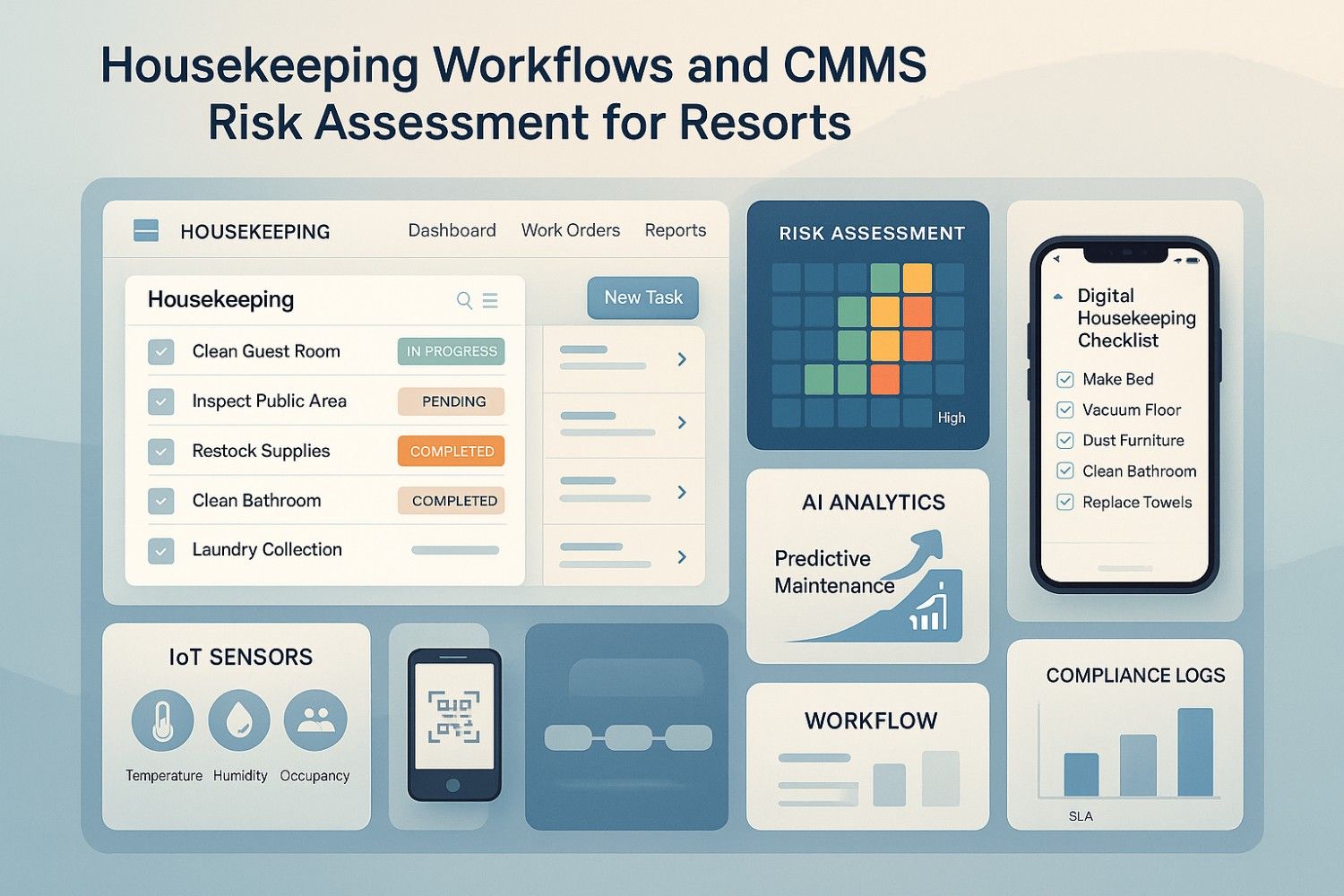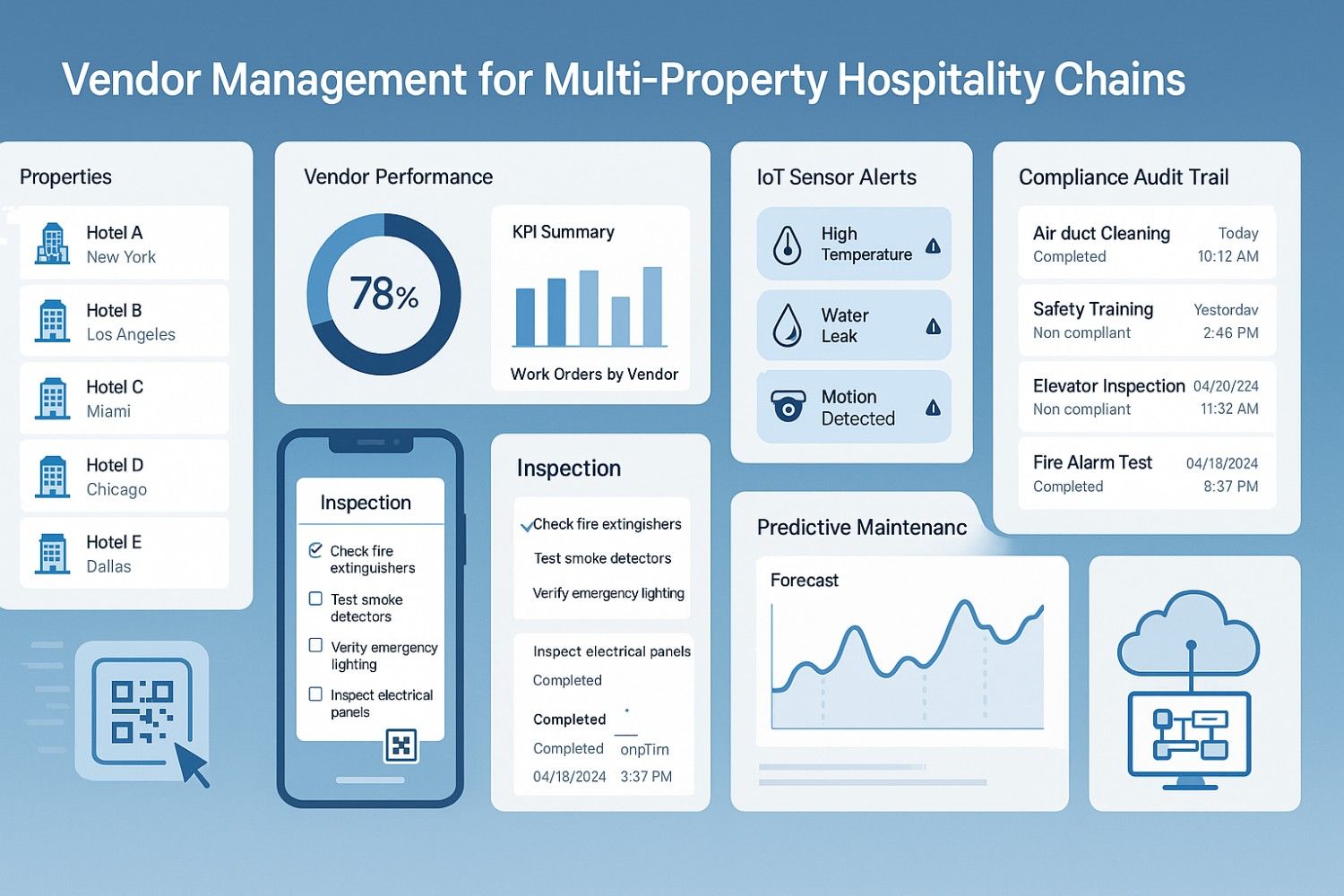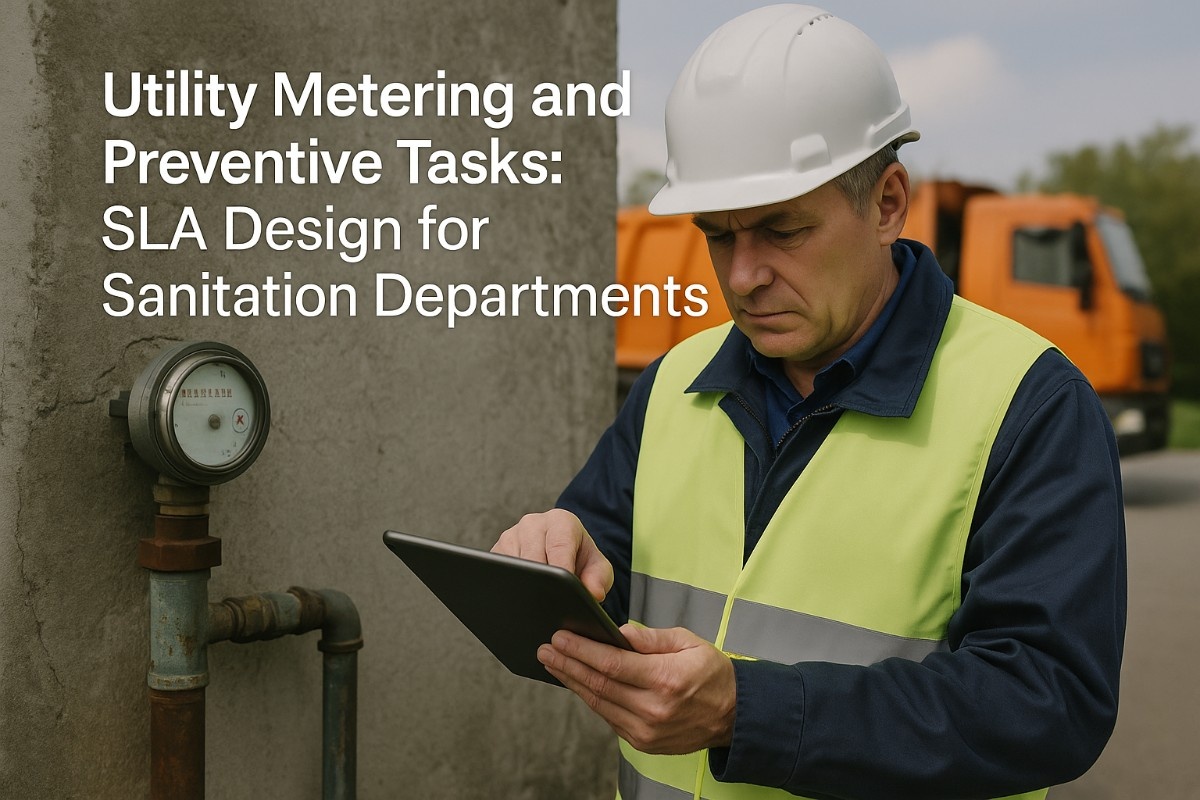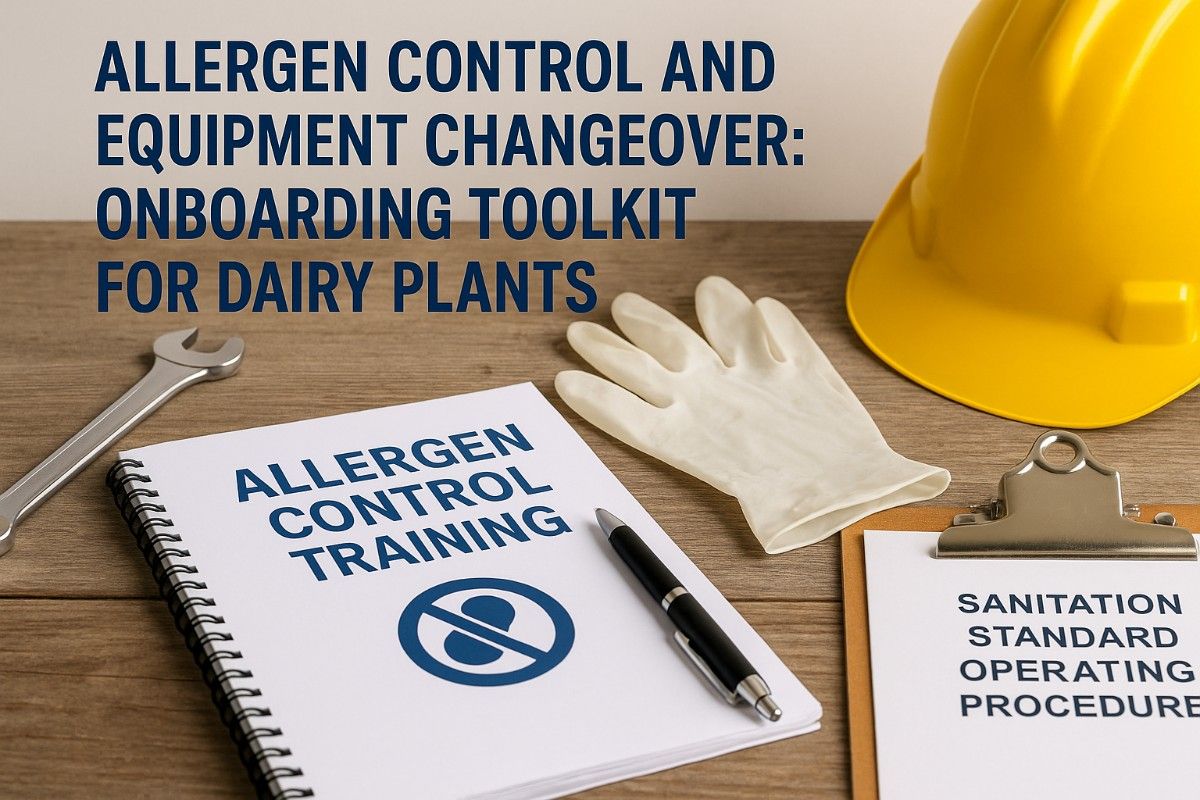A maintenance supervisor directs and coordinates the activities of workers engaged in repair, maintenance, and installation of machines, tools, and equipment. They also manage maintenance of buildings, grounds, and utility systems of industrial plants or other organizations. This leadership position not only requires technical know-how but also strong management and interpersonal skills.
Key Responsibilities
- Team Management: Leading and supervising the maintenance staff, including hiring, training, and evaluating personnel to ensure a competent maintenance team.
- Scheduling Maintenance Work: Planning and scheduling repairs, maintenance, and installation of machines to ensure minimal disruption to daily operations.
- Overseeing Repair Tasks: Directing and assisting in the maintenance and repair of electrical, plumbing, mechanical, and other related systems.
- Budget Management: Developing and managing the maintenance budget to ensure cost-effective operations.
- Ensuring Safety Compliance: Implementing and monitoring adherence to health and safety standards to prevent accidents and ensure a safe working environment.
- Quality Control: Monitoring and evaluating the efficiency of equipment and systems, ensuring they meet required standards and suggesting modifications if necessary.
- Emergency Management: Responding to emergency situations involving the facility's infrastructure to minimize potential damage and disruption.
- Record Keeping: Maintaining accurate records of the maintenance work carried out and analyzing these records to find patterns and predict future maintenance needs.
Skills and Qualifications
Maintenance supervisors typically come from a technical background and have moved up the ranks from maintenance technician roles. Essential qualifications and skills include:
- Technical Expertise: Strong knowledge of the machinery and equipment used within the specific industry.
- Leadership Skills: Ability to lead, motivate, and manage a diverse team effectively.
- Problem-solving Skills: Proficient in diagnosing issues and making quick decisions under pressure.
- Communication Skills: Excellent verbal and written communication skills to effectively convey information to staff and upper management.
- Organizational Skills: Strong ability to plan work schedules, manage multiple tasks, and maintain detailed records.
- Adaptability: Capable of handling multiple tasks in a high-pressure environment.
Lead Your Maintenance Team to Success
Empower your team, optimize workflows, and ensure seamless maintenance operations with expert leadership and guidance.
Educational Requirements
A degree in mechanical engineering, industrial engineering, or a related field is typically required, alongside extensive experience in the maintenance field, including supervisory roles.
Daily Activities
A maintenance supervisor’s day might involve:
- Conducting Inspections: Performing routine checks to identify any need for repair or maintenance.
- Meeting with Staff: Discussing maintenance issues, delegating tasks, and providing technical support.
- Reviewing Performance: Evaluating the efficiency and effectiveness of maintenance activities.
- Planning Improvements: Developing strategies to enhance maintenance procedures and reduce costs.
- Reporting: Compiling and presenting reports to management on maintenance status and budgeting.
Challenges Faced by Maintenance Supervisors
- Resource Constraints: Working effectively within budget and resource limitations.
- Technological Upgrades: Keeping up with technological advances in maintenance management and equipment.
- Regulatory Compliance: Ensuring all maintenance activities comply with increasingly stringent regulations and standards.
- Staff Development: Continuously training and developing staff to meet changing technical requirements.
Impact on Organizational Efficiency
Maintenance supervisors are vital for maintaining operational efficiency. They ensure that all equipment and systems are functional and efficient, which reduces downtime and extends the lifespan of the assets. They also play a significant role in ensuring safety and compliance, which can significantly reduce the risk of costly accidents and legal issues.
Conclusion
Maintenance supervisors are essential to the operational backbone of any facility. Their expertise in overseeing complex maintenance operations directly contributes to the longevity and efficiency of the organization’s assets. With the right mix of technical skills, leadership ability, and strategic thinking, they ensure that maintenance teams are effective, efficient, and safe.











